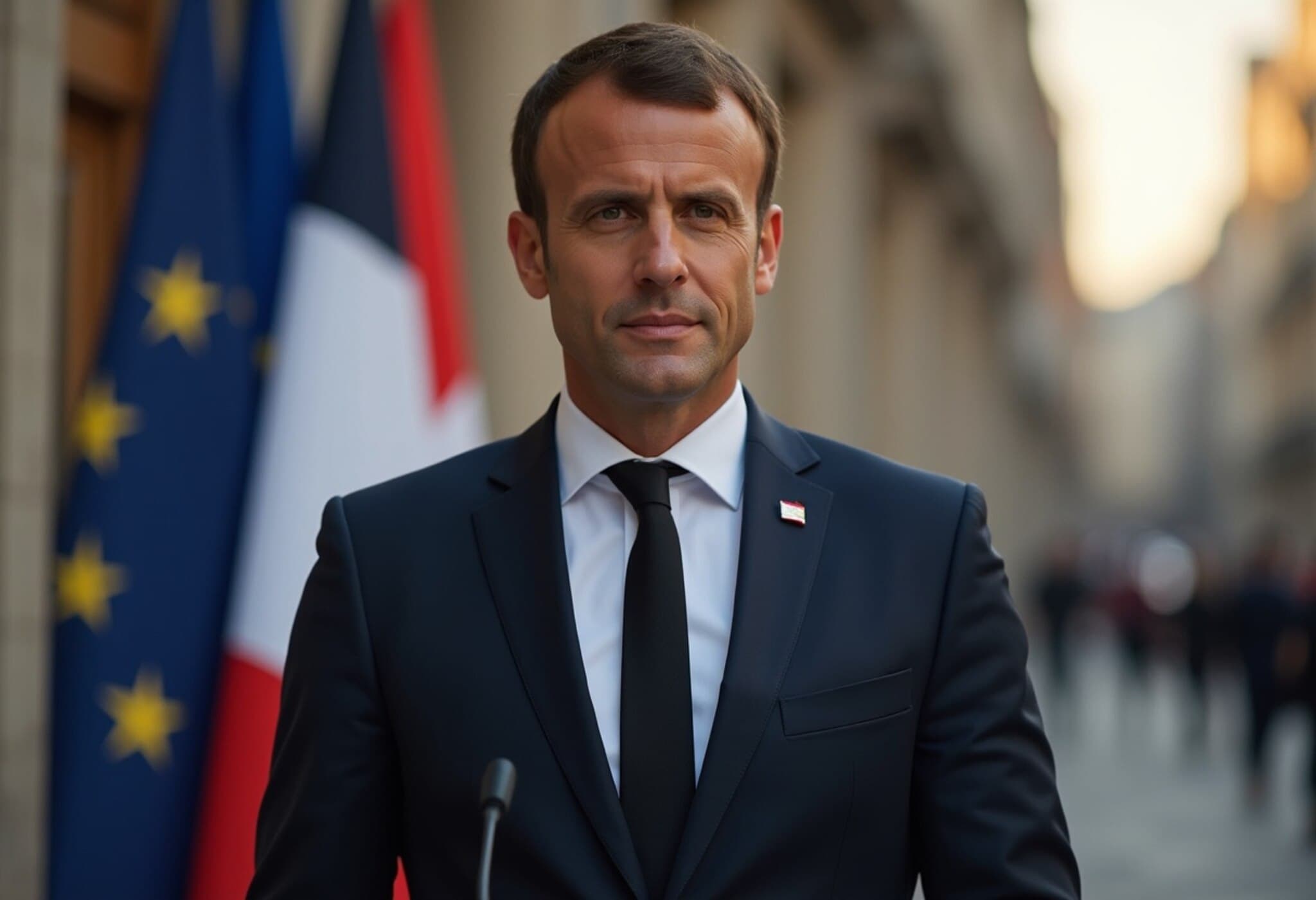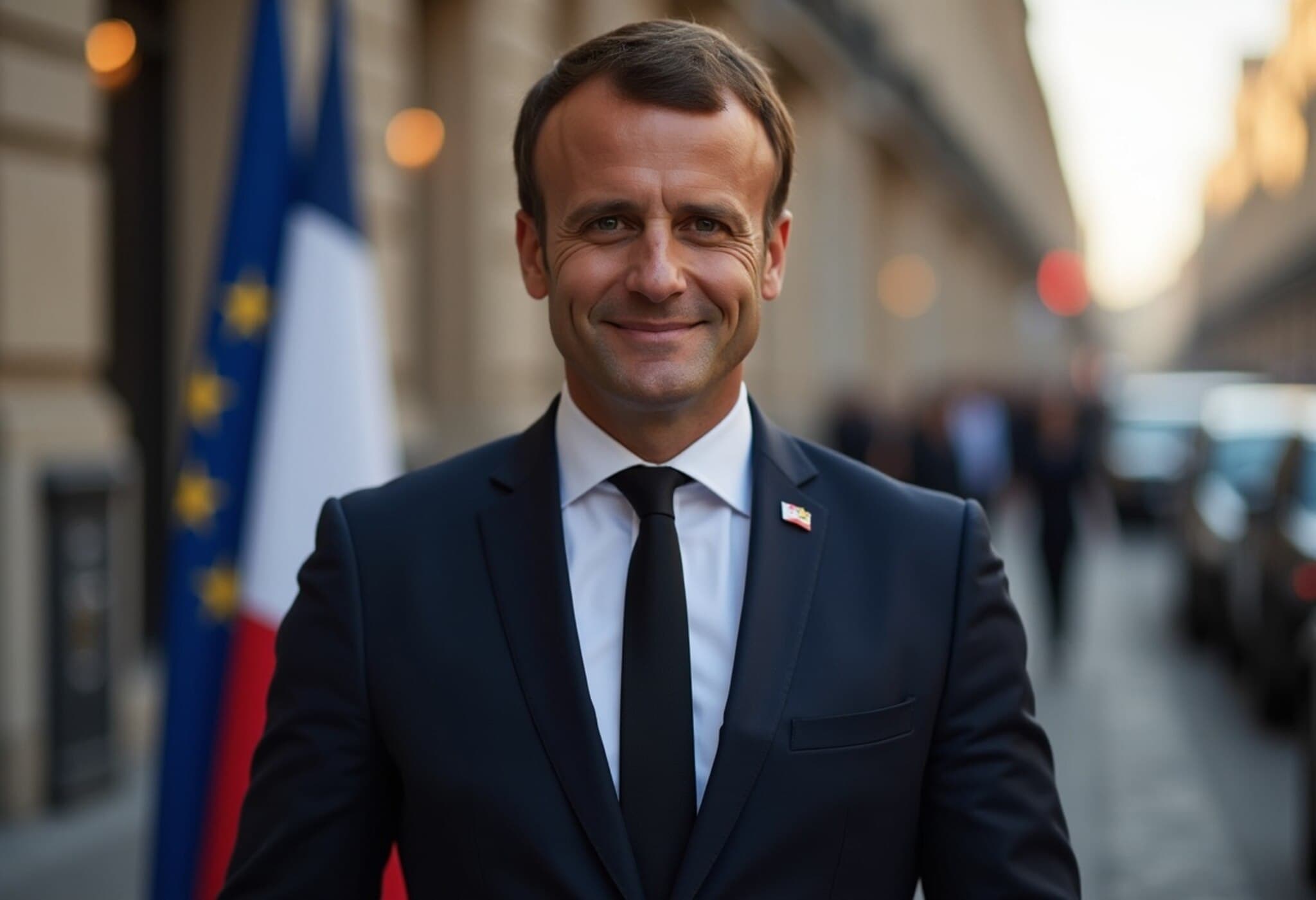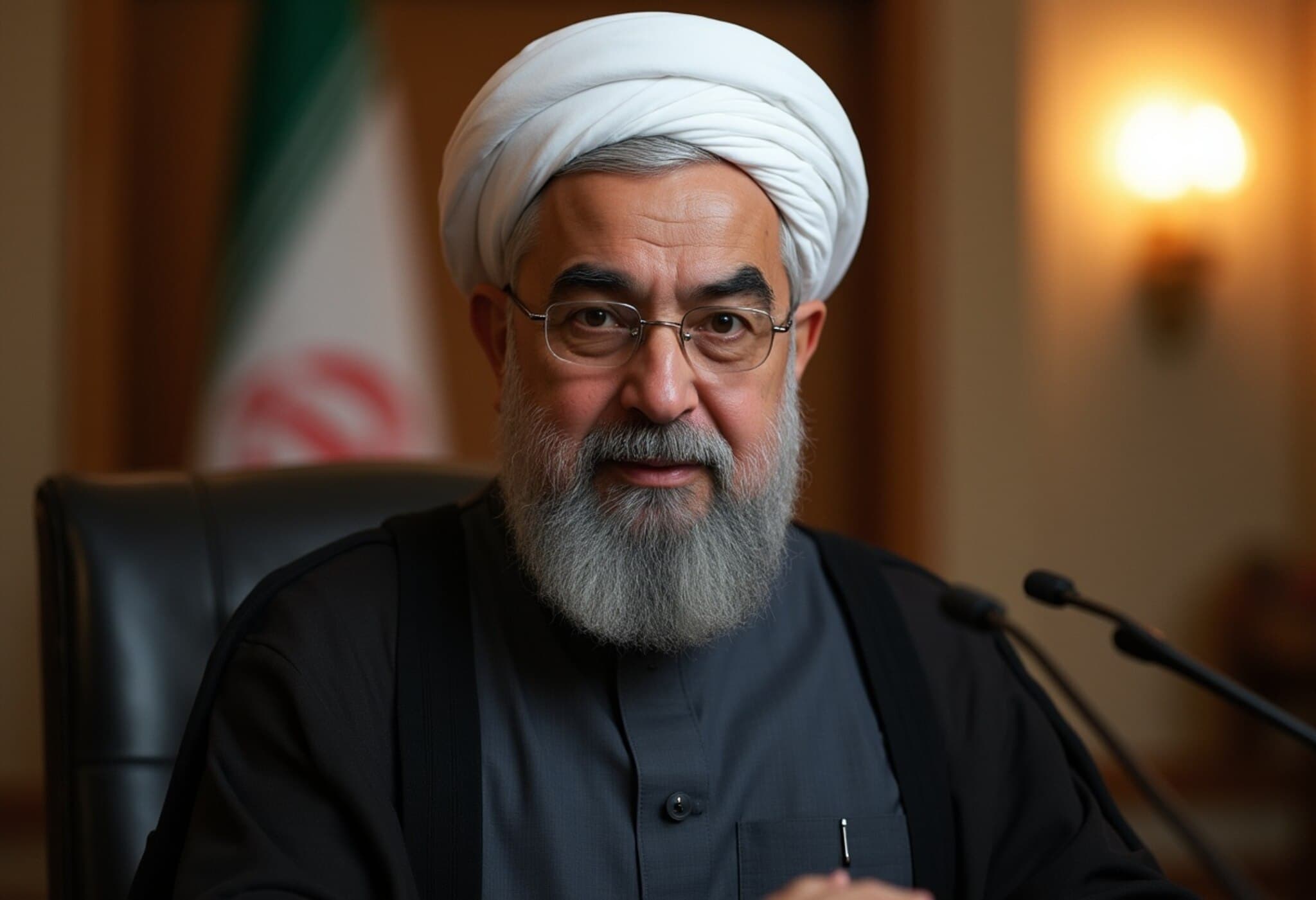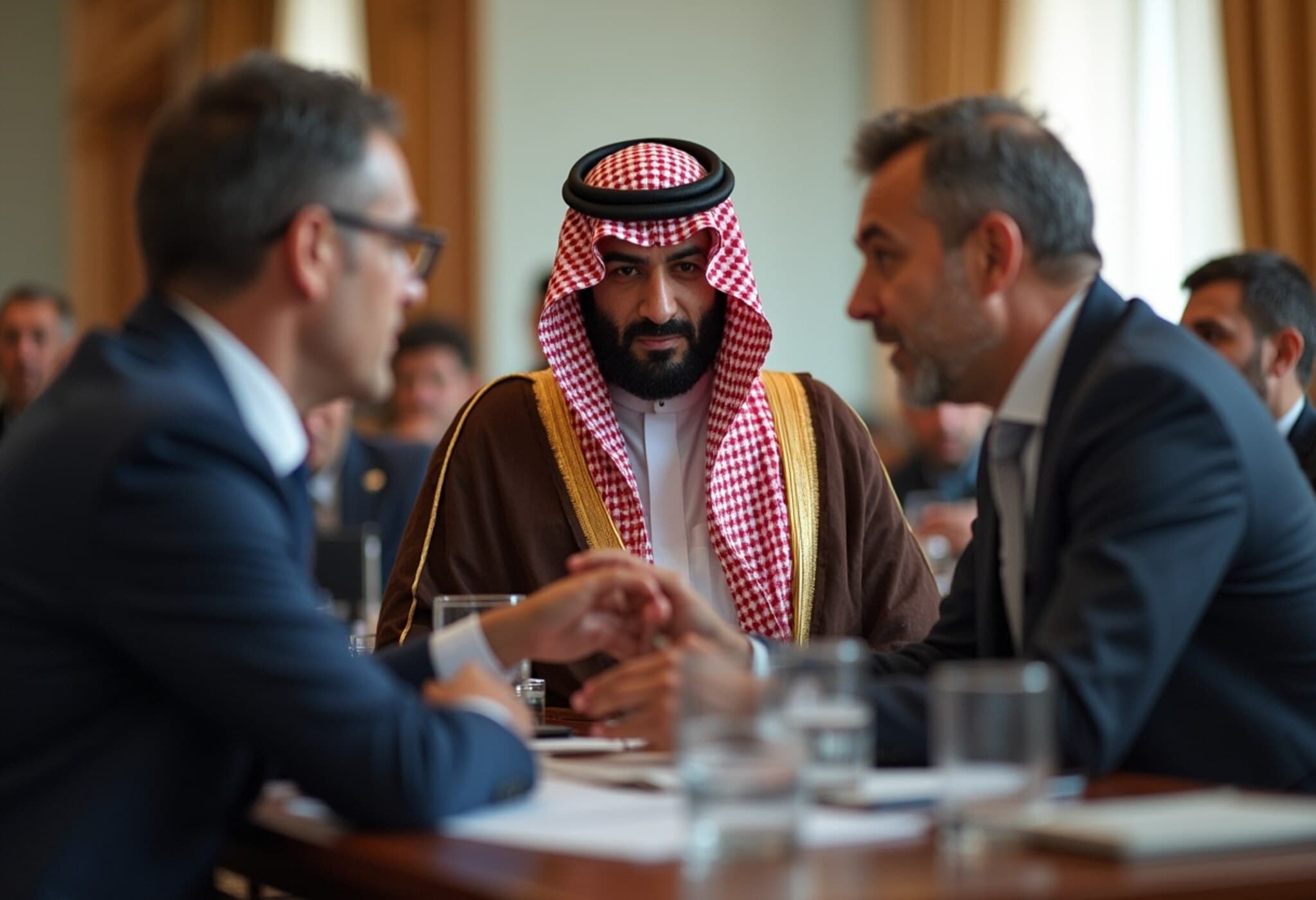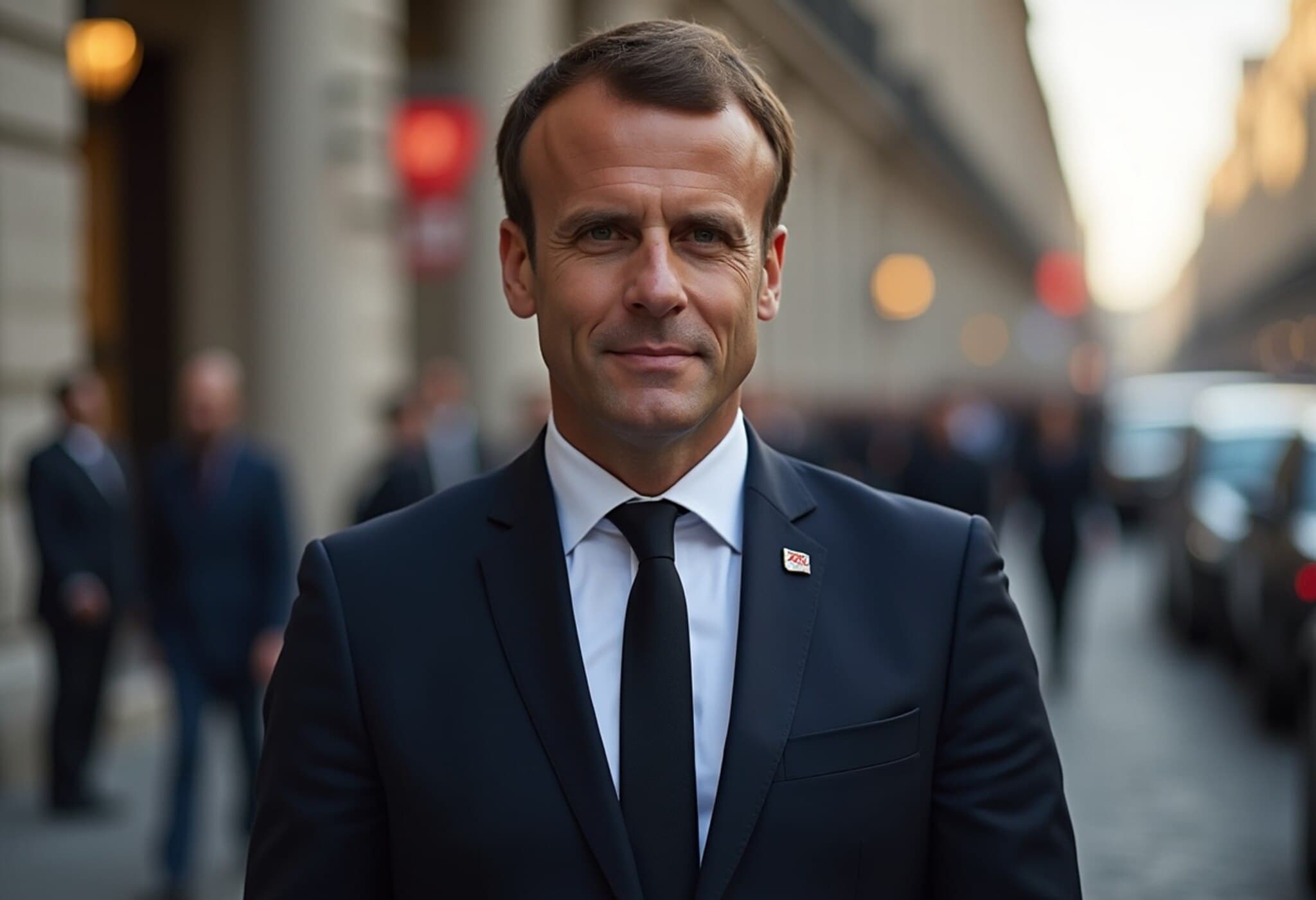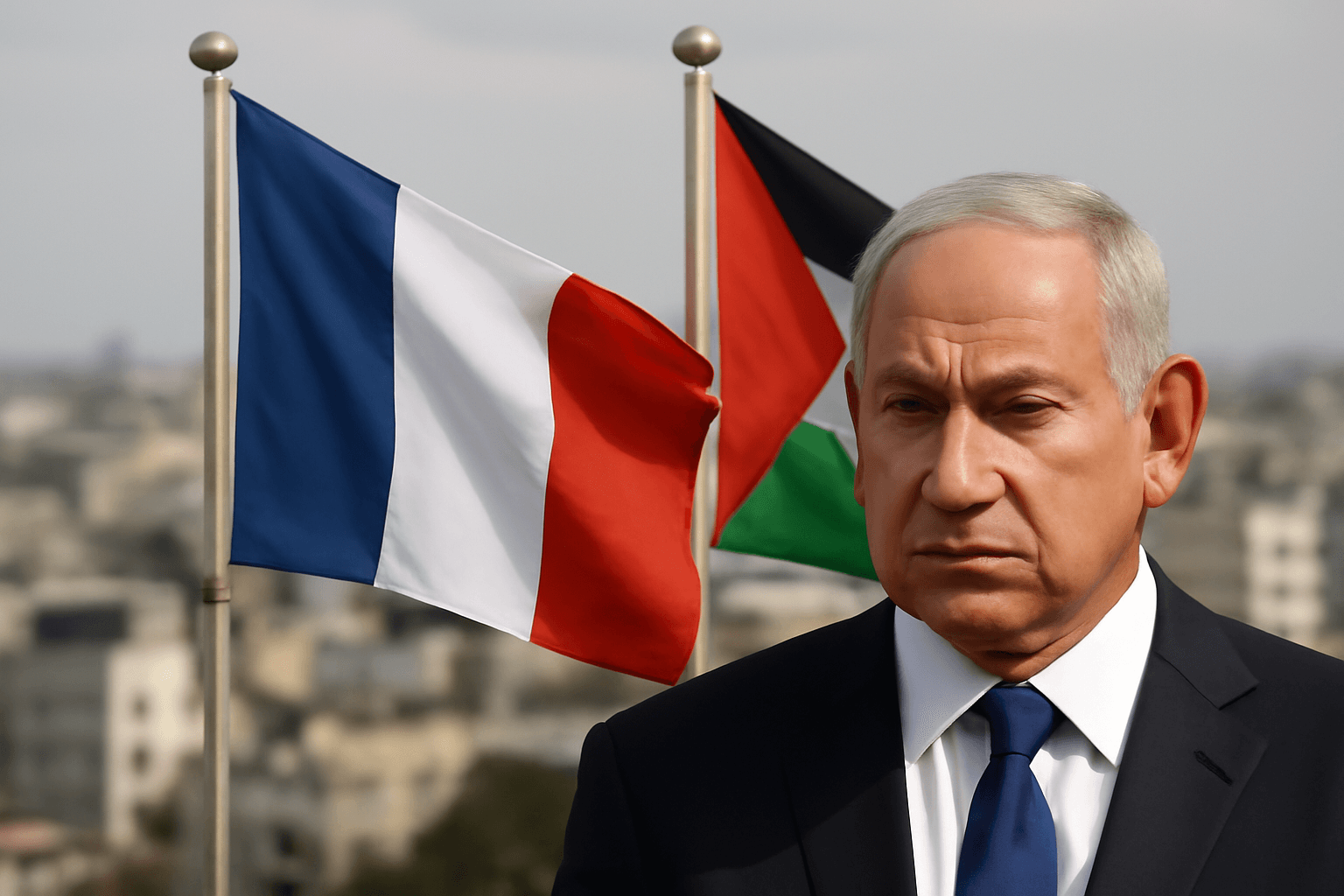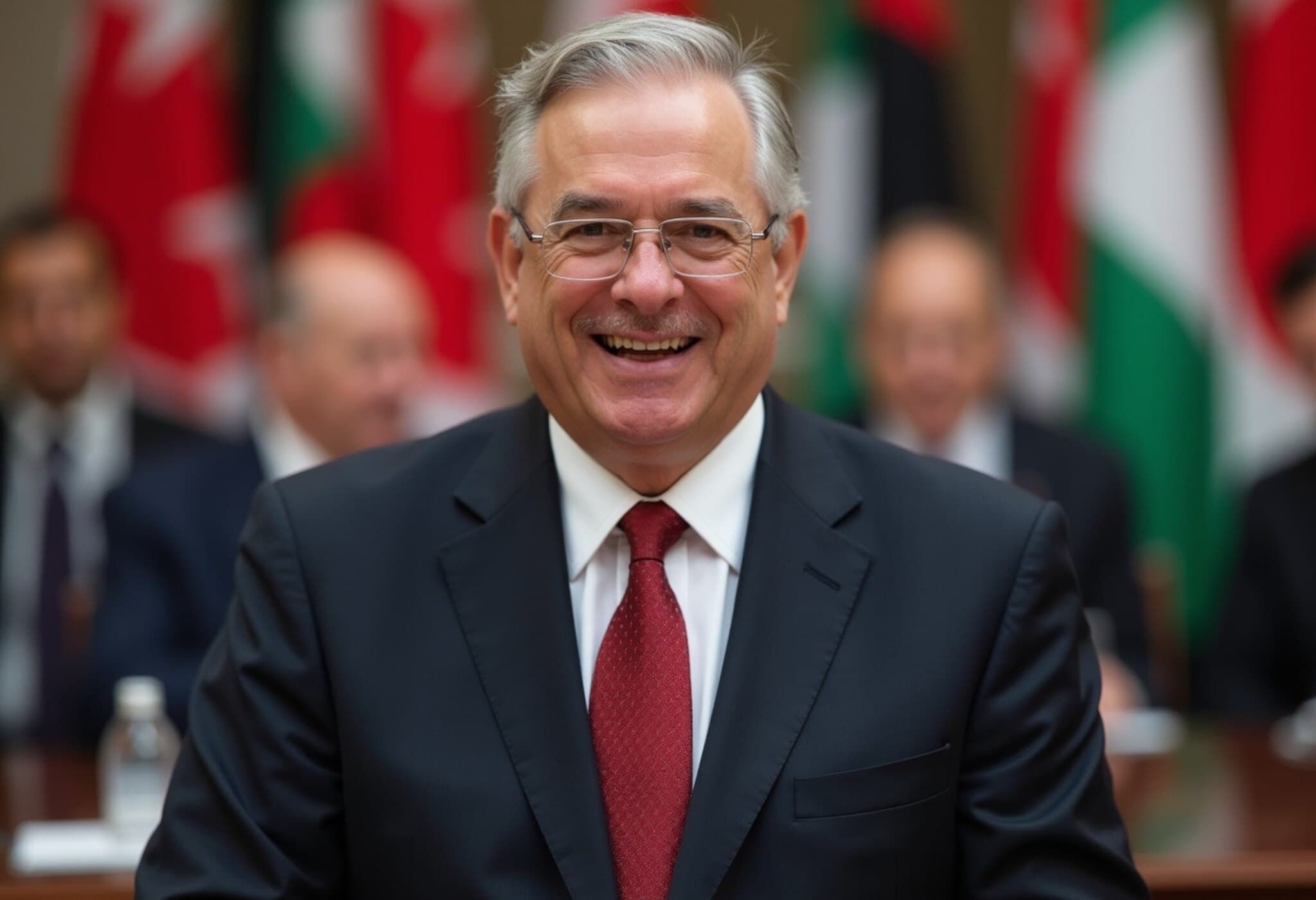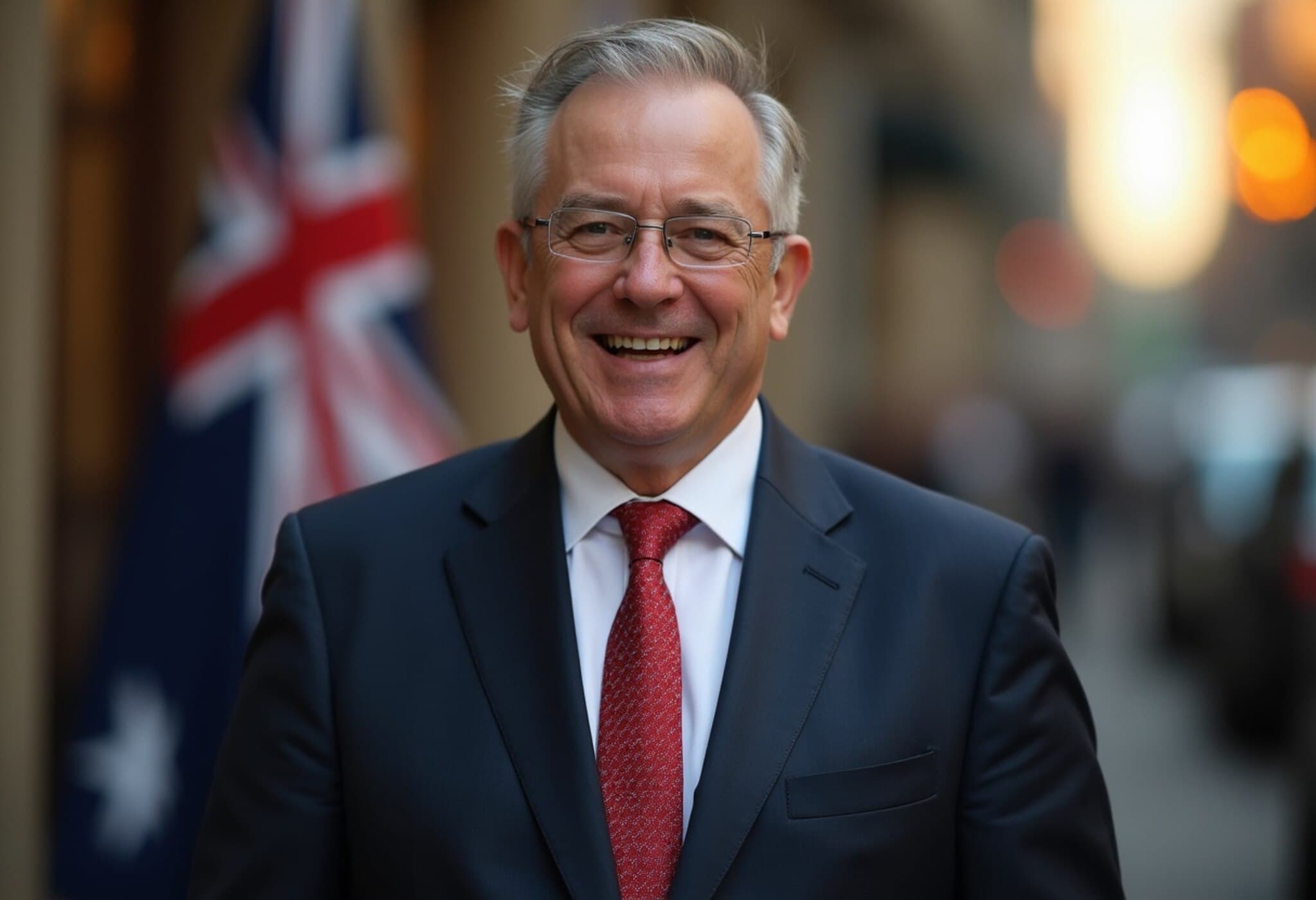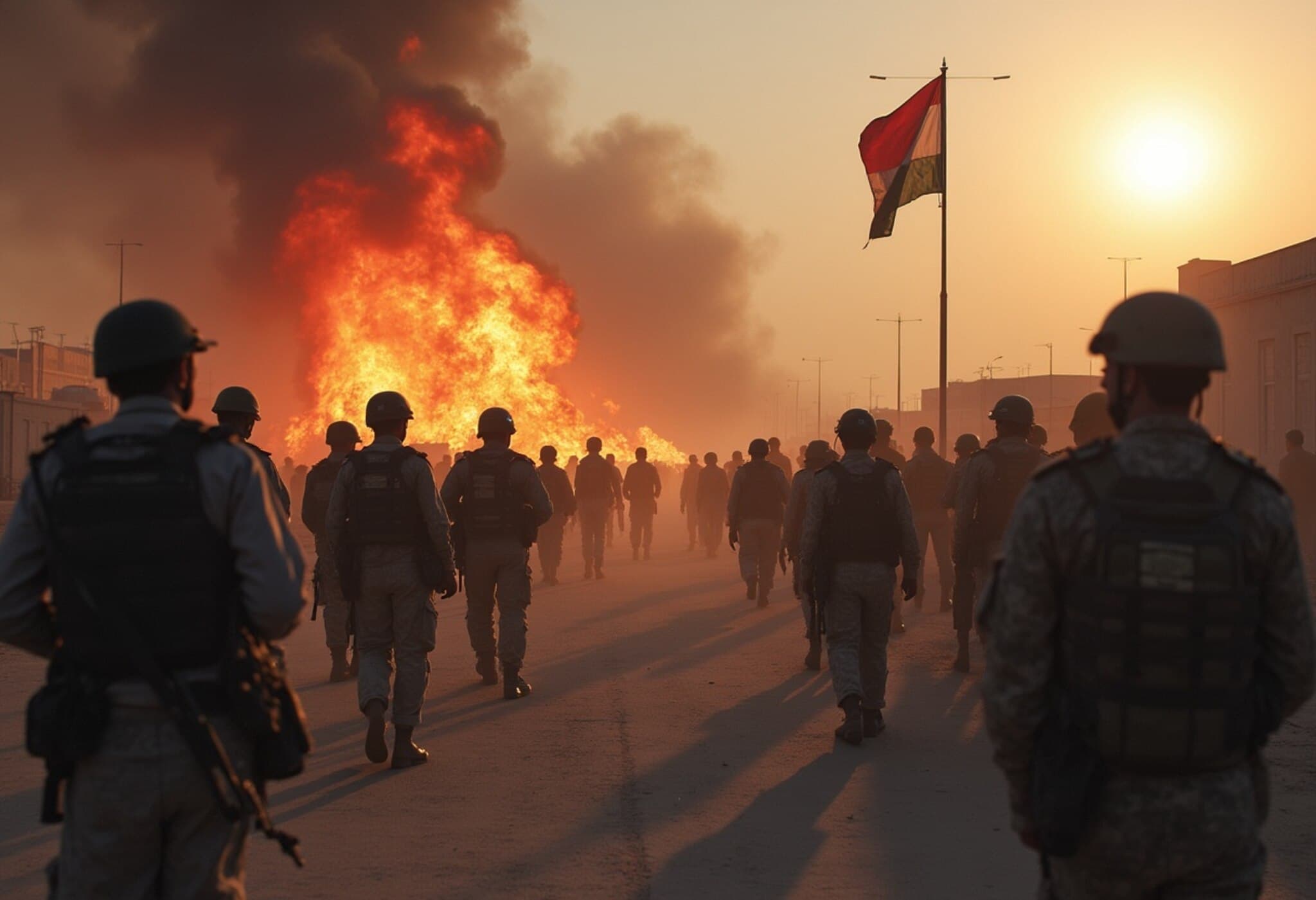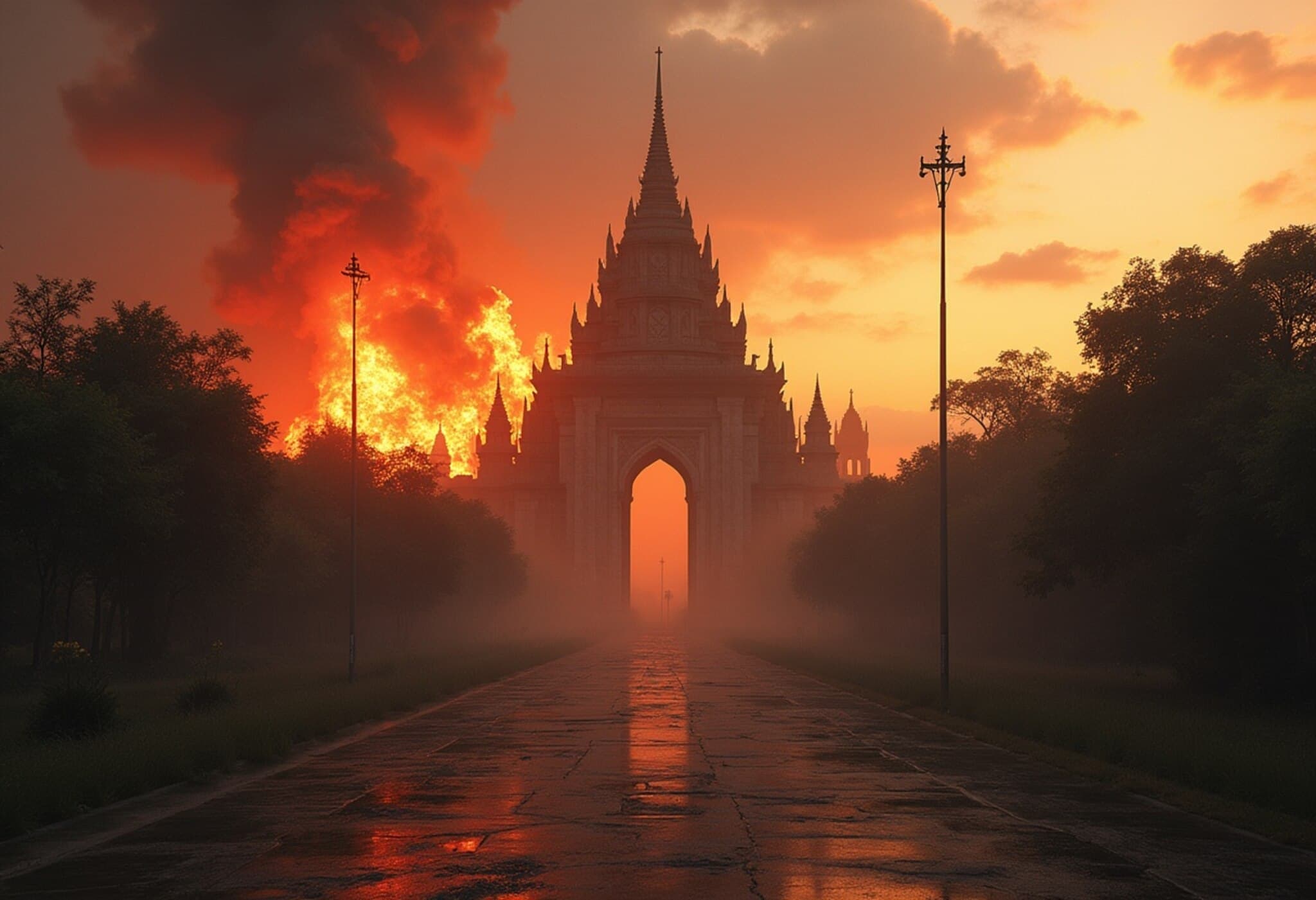France Poised to Recognize Palestinian State, Macron Declares Amid Global Debates
In a landmark announcement that could reshape Middle Eastern diplomacy, French President Emmanuel Macron revealed on July 25, 2025, that France will formally recognize the State of Palestine during this year’s United Nations General Assembly (UNGA) session in September. Sharing the decision on social media platforms X and Instagram, Macron emphasized France’s longstanding dedication to fostering “a just and lasting peace” in the Middle East.
Macron’s Vision: Fostering a Collective Momentum for Peace
Macron’s declaration, while anticipated since earlier hints in April and prior peace discussions in New York this June, underscores a strategic shift aimed at kickstarting what he describes as a “collective dynamic” in the region. This move is seen as an invitation to other nations, particularly Arab states, to engage in reciprocal recognition of Israel, paving the way for renewed negotiations centered on peaceful coexistence.
Strong Reactions: Israeli Leadership Voices Concerns
The announcement has been met with swift criticism from Israeli Prime Minister Benjamin Netanyahu, who labeled the recognition as a “grave mistake.” Netanyahu condemned the move for seemingly sidelining ongoing security concerns, particularly the threats posed by Hamas – which governs Gaza and is classified as a terrorist organization by many nations. In a pointed retort, Netanyahu remarked that Israel would not accept “moral lectures” about sovereignty from countries facing internal territorial disputes themselves.
Contextualizing France’s Shift on Palestine Recognition
France’s stance had traditionally favored a two-state solution but stopped short of official recognition of Palestinian statehood. This announcement reflects growing international frustration with the stagnant peace process and escalating humanitarian crises, particularly after recent intensifications of conflict in Gaza. Notably, nearly 150 countries worldwide already recognize Palestine, and a wave of recognitions by European nations such as Ireland, Spain, Norway, and Slovenia signal a broader regional shift.
Macron’s Clarifications and Europe’s Balancing Act
Following the initial announcement, Macron clarified that France’s recognition explicitly excludes Hamas, reaffirming unwavering support for Israel’s legitimate right to peace and security. This nuanced position highlights the delicate balance European leaders tread amid competing pressures: advocating for Palestinian self-determination while addressing Israel’s security concerns and regional stability.
What This Means for US and International Policy
While France’s move does not directly alter US policy, it places additional diplomatic momentum on the table, compelling Washington to reassess its role as mediator in the Israeli-Palestinian conflict. American policymakers are likely to watch closely, debating whether increased international Palestinian recognition could invigorate peace talks or further entrench divisions.
Moreover, this development invites critical scrutiny of whether symbolic recognitions advance practical conflict resolution or risk deepening polarization. Experts suggest that successful peace efforts will require synchronized diplomatic strategies coupled with ground-level humanitarian and security solutions.
Expert Insight: Navigating the Complex Path Ahead
International affairs analyst Dr. Elena Martinez notes, “France’s recognition is both a political statement and a call for renewed engagement from all stakeholders. But the real test lies in translating this diplomatic gesture into credible progress on the ground. It challenges entrenched narratives and pushes the international community to rethink its approach to one of the world’s most protracted conflicts.”
Summary
- France to officially recognize the State of Palestine during the UN General Assembly in September.
- The move aims to promote a “collective dynamic” leading to mutual recognition between Israel and Arab states.
- Israeli Prime Minister Netanyahu condemns the plan, citing security risks and rejecting external moral judgments.
- France clarifies support excludes Hamas and underlines Israel’s right to security.
- The announcement adds complexity to international diplomacy, influencing US policy considerations and regional peace efforts.
Editor's Note
France’s decision to formally recognize Palestine marks a pivotal moment in international diplomacy that reflects shifting attitudes within Europe and beyond. As this development unfolds, readers are encouraged to observe the fine line between symbolic recognition and substantive peace-building. Key questions remain: Will this move encourage reciprocal recognition from Arab states and Israel? How will it affect grassroots realities and regional security? The path to peace demands sensitive, inclusive dialogue—this announcement might just be a catalyst for such urgently needed conversations.

